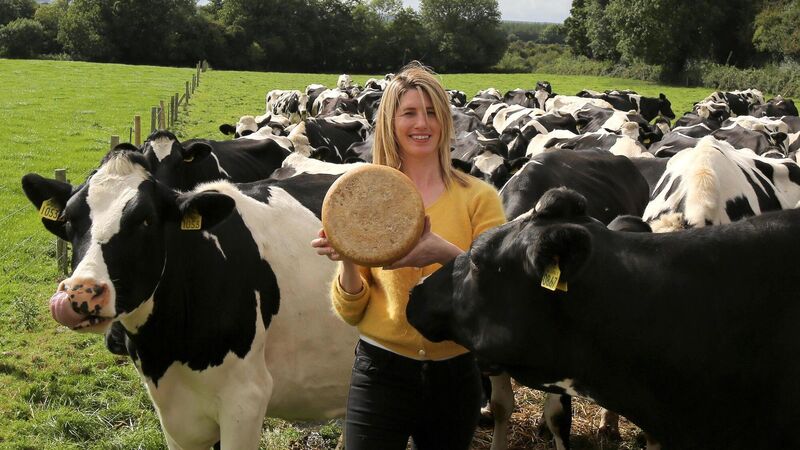Irish cheese and wine: the producers say it's most divine

Teresa Roche of Kylemore Farm Cheese, Abbey, Co Galway. Picture: Hany Marzouk
If you are an organised person, you will have most of your Christmas shopping and preparation done already.
Try from €1.50 / week
SUBSCRIBEIf you are an organised person, you will have most of your Christmas shopping and preparation done already.
The last items to tick off the list will usually be for consumption; the fresh fruit and vegetables for the Christmas Day spread, or perhaps the cheese and wine over the festive period.
Already a subscriber? Sign in
You have reached your article limit.
Annual €130 €80
Best value
Monthly €12€6 / month
Introductory offers for new customers. Annual billed once for first year. Renews at €130. Monthly initial discount (first 3 months) billed monthly, then €12 a month. Ts&Cs apply.
Newsletter
Keep up-to-date with all the latest developments in Farming with our weekly newsletter.
Newsletter
Keep up-to-date with all the latest developments in Farming with our weekly newsletter.
Newsletter
Sign up to the best reads of the week from irishexaminer.com selected just for you.
Newsletter
Keep up with stories of the day with our lunchtime news wrap and important breaking news alerts.
Sunday, February 8, 2026 - 7:00 AM
Sunday, February 8, 2026 - 7:00 AM
Saturday, February 7, 2026 - 11:00 PM
© Examiner Echo Group Limited